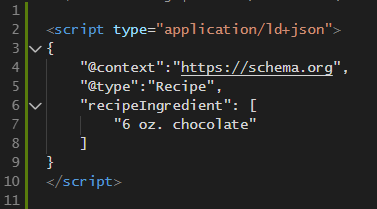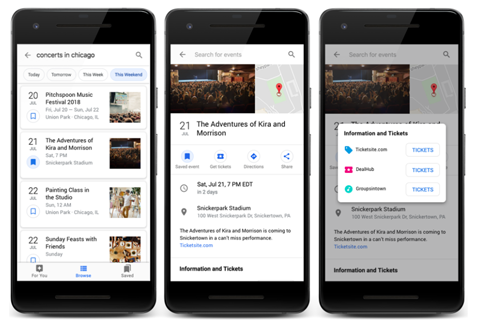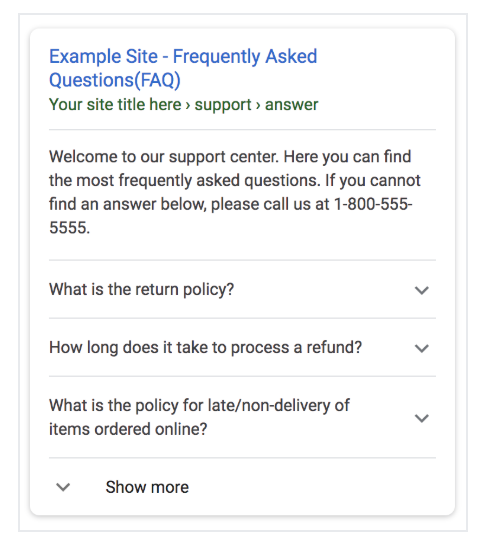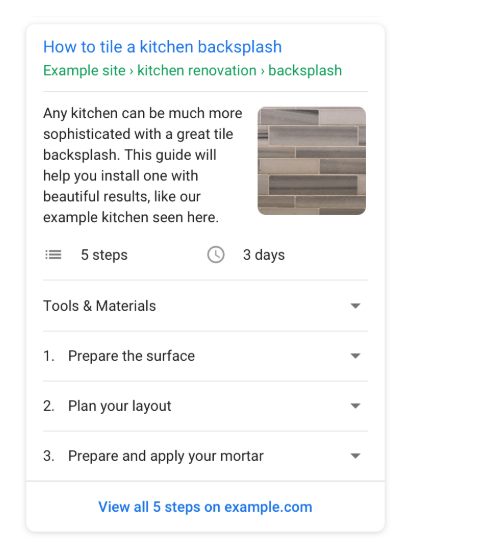| Edgeworks Product | 9 |
| Content Creation | 4 |
| SEM | 11 |
| Design | 11 |
| Instructional Design | 3 |
| Props | 218 |
| Alphabet Soup | 33 |
| Creative Collaboration | 1 |
| Website Ownership | 5 |
| Services | 5 |
| Client Website | 29 |
| Edgeworks Office | 18 |
| Marketing | 18 |
| AI Assisted Post | 1 |
| SEO | 10 |
| This Day in History | 1 |
| Branding | 1 |
| Book Review | 1 |
| Q&A | 3 |
.jpg)
The dictionary result served by Google says shcema is a representation of a plan or theory in the form of an outline or model - "a schema of scientific reasoning".
In psychology we understand schema to be defined as a set of linked mental representations of the world, which we use both to understand and to respond to situations. The basic building blocks of understanding and prior knowledge that allow our brains to read and comprehend and envision - the basic knowns that allow us to build complex perceptions of reality. Pretty amazing stuff.
Schema exist across all kinds of disciplines including psychology, cognitive science and even reading. We're going to focus on website schema in this post, which is just as well since we know nothing of those others.
We can think of schema as the structure behind data organization. The organization Schema.org provides the agreed-upon vocabulary used by all major search engines and other tools.
This vocabulary is written as code that you add to your content to help illustrate for search engines and other tools what your content is about.
If you want to post your granmother's favorite chocolate cake recipe for the whole internet to enjoy, it needs to be findable and search engines need to understand the meaning of your content. Thankfully with schema for recipes we have a way of telling the AI Overlords what our content actually is. Before schema we had to hope search engines didn't think "chocolate" referred to the movie.
Fun fact: the plural of schema is schemata. There are multiple ways of presenting schema. Two popular methods are Microdata and JSON-LD. We're going to look at the JSON-LD format.
JSON-LD is JSON for Linked Data. (Alphabet Soup: JSON). In this format we provide a human-readable definition of our content in a format already in wide use by developers everywhere.
So when we post grandma's cake recipe the bots that read and index our content understand what we mean when we say "chocolate".

When your website makes use of schema to inform search engines about the content, additional data can be extracted and used in rich search results. Examples include star ratings, of course, but they go well beyond that.
Using schema for events our calendar items can show in great detail in search results.

If we employ schema for our content that's presented in an FAQ format, we might get a panel of opportunity to capture that user click and website visit.

And if we have very strong how-to content it might just be presented as a direct answer for a search query.

Ceratin types of schema content can also be used for voice actions with smart speaker systems like Alexa and Google Home. Adding schema data to your website can improve how your search results are displayed, improve your click-through rate on search and generally better position your site as an authority for your content.
For more information on schema and a good tool for testing schema check out the following:
https://schema.org - the source for all things web schema
https://search.google.com/structured-data/testing-tool/u/0/ - structured data testing tool